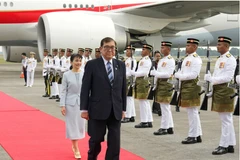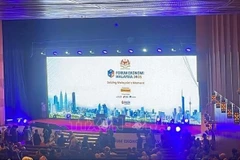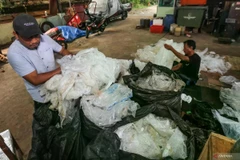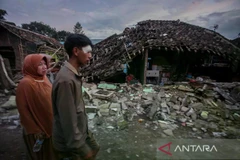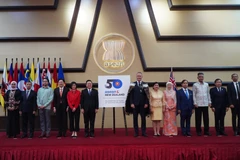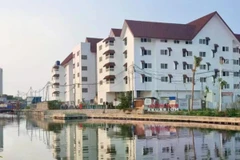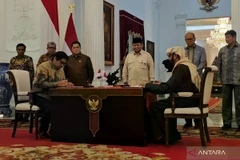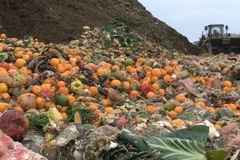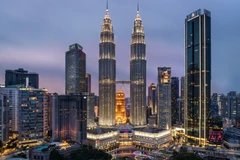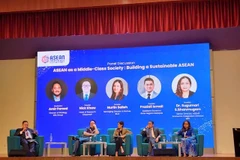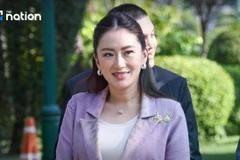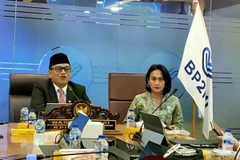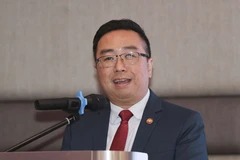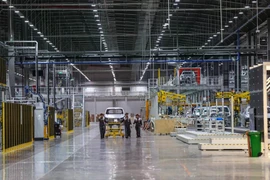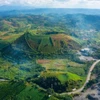Kuala Lumpur (VNA) – As the Chair of the Association of Southeast Asian Nations (ASEAN) this year, Malaysia plans to focus on leveraging the Regional Comprehensive Economic Partnership (RCEP), the world’s largest trade agreement now in force.
As reported by the country’s national news agency Bernama, Malaysian Minister of Investment, Trade, and Industry Zafrul Abdul Aziz said fully implementing the RCEP could position the bloc as a hub for regional growth.
This could be the key highlight of Malaysia’s chairmanship, he said in his closing remarks at the ASEAN Economic Opinion Leaders Conference: Outlook for 2025.
RCEP involves 15 countries, including 10 ASEAN members - Brunei, Cambodia, Indonesia, Laos, Malaysia, Myanmar, Philippines, Singapore, Thailand and Vietnam, as well as five others - Australia, China, Japan, the Republic of Korea, and New Zealand. RCEP is the world’s largest free trade agreement, making up about 30% of the global GDP and about a third of the world’s population. It has a mechanism for free trade among participating countries with a set of rules and procedures for accessing preferential tariffs across the countries.
Zafrul said Malaysia also intends to strongly drive negotiations on the ASEAN Digital Economy Framework Agreement (DEFA), launched in 2023. By 2030, the digital economy could add 2 trillion USD to the region, but for that to happen, Malaysia must help the ASEAN nations harmonise their digital policies, he added.
As the ASEAN chair, Malaysia will also propose a joint declaration on the ASEAN-Gulf Cooperation Council (GCC) economic cooperation at the 46th ASEAN Summit in May 2025. This declaration will pave the way for closer economic ties with the GCC, a region with significant economic potential, Zafrul said./.



